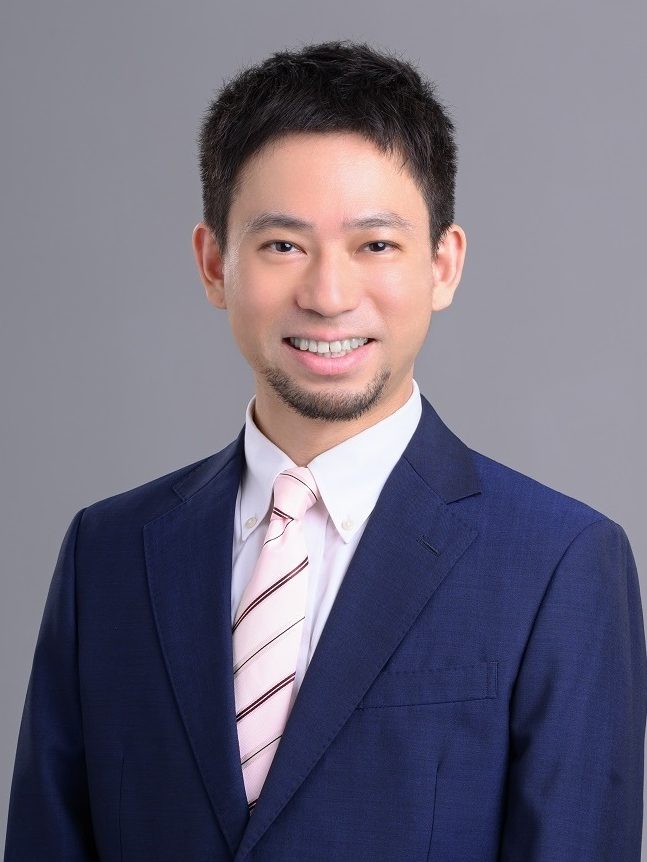



At the heart of Japanese interest is growth. With domestic demand constrained by demographics, ASEAN offers rising middle classes, fast digitization and youthful populations. For many Japanese firms, the region provides not only scale but also dynamism.
Key sectors include retail and e-commerce, financial technology and renewable energy, where Japanese firms see opportunities to combine their technological expertise with ASEAN’s market potential. Carbon neutrality initiatives make renewable energy particularly attractive, while digital platforms and consumer services are natural fits for Japanese companies seeking relevance in the 21st century.
Geopolitical shifts add to the attraction. As tensions complicate supply chains in other regions, ASEAN stands out as a resilient alternative and a springboard to global markets. Japanese companies increasingly view ASEAN not only as a source of local demand but also as a strategic hedge to sustain their international presence.
The opportunities, however, come with obstacles. ASEAN is not a single market but a collection of ten countries with varying governance standards. Singapore offers world-class transparency, while emerging economies may present opaque ownership structures or incomplete financial reporting. Japanese investors, accustomed to rigorous due diligence, often find themselves facing incomplete accounts, uncertain ownership records or multiple versions of financial statements. This slows transactions and heightens reliance on local advisors. Successful acquirers typically start small, building familiarity with regional practices before scaling. Flexibility in risk frameworks and an appreciation for the uneven pace of regulatory development are essential.
Sustained Japanese interest is visible across several industries. Consumer goods and retail, financial technology and services, logistics, healthcare and renewable energy stand out. Logistics and e-commerce infrastructure are booming across the region, where Japanese operational expertise can be leveraged. Healthcare and aged care are also fast-growing opportunities.
What began with Japanese trading houses is now expanding to a broader set of players eager to export medical technology and care models. Renewable energy projects, closely aligned with Japan’s sustainability goals, are another frontier.
Despite the appeal, Japanese investors often underestimate the complexity of local networks. Beyond regulatory unpredictability and data reliability, informal relationships and founder dynamics can strongly influence outcomes. Political risks further complicate investments, as sudden policy changes may disrupt imports, manufacturing, or distribution. Without strong and trusted local partnerships, even promising ventures can falter.
The most effective integration models are based on partnership rather than control. Japanese acquirers who impose rigid governance frameworks often encounter resistance. By contrast, those who provide strategic guidance and resources while allowing local managers autonomy tend to succeed. Joint leadership teams, cross cultural training and shared performance goals help maintain entrepreneurial agility while strengthening corporate processes.
The timing of this interest is not accidental. The volume of outbound M&A from Japan in 2025 has already reached nearly three times the level of 2024. ASEAN, given its demographics, openness to investment and alignment with Japanese strategic needs, is likely to remain a prime destination for Japanese corporates.
Japan’s corporate expansion into ASEAN reflects more than a search for growth. It is a recognition that the region’s dynamism can complement Japan’s technological strengths and management expertise. If Japanese firms can adapt to local conditions with patience and partnership, their acquisitions can not only revive their own growth prospects but also accelerate ASEAN’s integration into global value chains.
To find out more about how IGPI Group can provide support for businesses, browse through our insight articles or get in contact with us.

Kohki Sakata, Partner of IGPI Group & CEO of IGPI Singapore
After joining Cap Gemini and Coca Cola, Kohki joined Revamp Corporation where he managed projects on global expansion and turnaround in various sectors including F&B, healthcare, retail, IT, etc. After joining IGPI, he has managed projects mainly on global expansion and cross border M&A in various sectors such as logistics, IT, telecom, retail, etc. In addition to his broad experience in implementing solutions that has been developed in Western countries, he has developed multiple methods to turnaround Asian companies with focus on setting clear vision and employee empowerment. Kohki has proven the practicality of these methods by turning around Asian companies not only as an advisor but also as senior management.
He graduated from Waseda University Department of Political Science and Economics and IE Business School.

Shivaji Das, Managing Director of IGPI Singapore
Shivaji has over 20 years of strategy consulting experience, specializing in New Business Models, Innovation Roadmaps, and Sustainability Journeys. He has worked with private and public sector clients across 25 countries in sectors like Technology, Semiconductors, Chemicals, Healthcare, Renewable Energy, and Construction. Previously, Shivaji was a Partner and Managing Director-APAC at Frost & Sullivan. His paper on Artificial Intelligence was presented at CAINE-2000 in Hawaii, USA. He is the author of seven acclaimed travel, art and business books including The Visible Invisibles and Rebels, Traitors, Peacemakers (both Penguin Random House), as well as The Great Lockdown: lessons learned during the pandemic from organizations around the world (Wiley, USA).
He is an alumnus of IIT Delhi and IIM Calcutta.
IGPI Group is a Japan rooted premium management consulting & Investment Group headquartered in Tokyo with a footprint in Osaka, Singapore, Hanoi, Shanghai & Melbourne, as well as parts of Europe and India. The organization was established in 2007 by former members of the Industrial Revitalization Corporation of Japan (IRCJ), a USD 100 billion sovereign wealth fund focusing on turn-around projects in Japan. IGPI Group has 13 institutional investors, including Nomura Holdings, SMBC, KDDI, Recruit & Sumitomo Corporation to name a few. IGPI Group has vast experience in supporting Fortune 500s, Govt. agencies, Universities, SMEs and funded startups across Asia and beyond for their strategic business needs and hands-on support across a wide variety of industries. IGPI group has ~8,500 employees on a consolidated basis.
* This material is intended merely for reference purposes based on our experience and is not intended to be comprehensive and does not constitute as advice. Information contained in this material has been obtained from sources believed to be reliable, but IGPI does not represent or warrant the quality, completeness, and accuracy of such information. All rights reserved by IGPI.